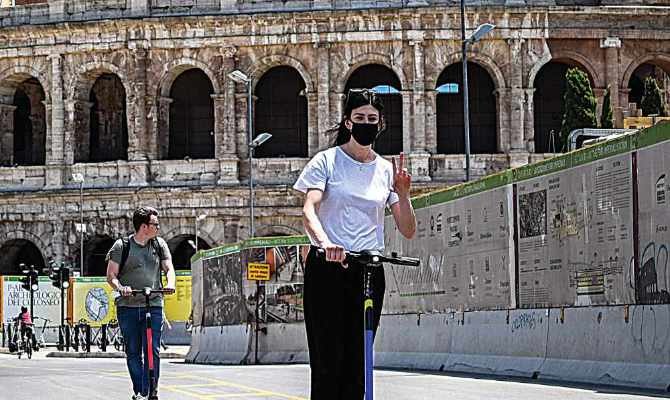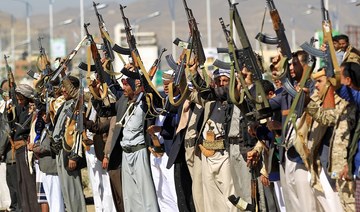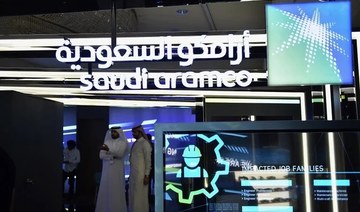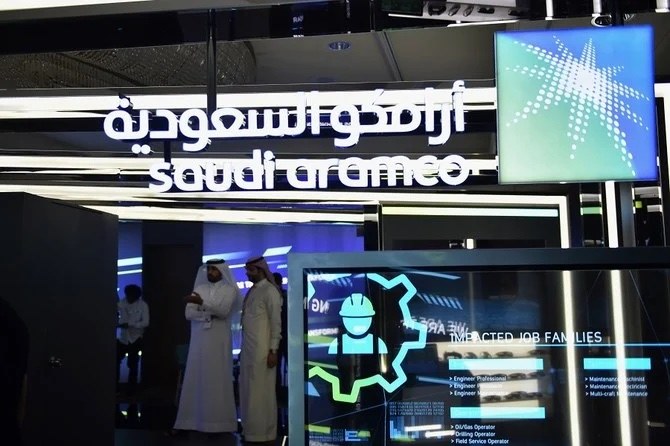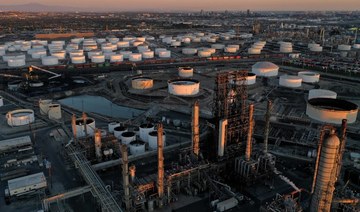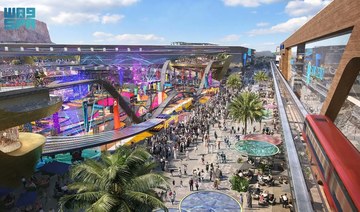Anyone visiting the Eiffel Tower in Paris when it reopens on Thursday will have to take the stairs — all 674 of them — because France’s famous monument is keeping the lifts shut.
After months of lockdown many Europeans are dreaming of a summer holiday, but vacations will look a bit different this year — breakfast buffets, guided tours and club nights may well be out; masks and temperature checks are definitely in.
Tourist attractions from Rome’s Colosseum to Amsterdam’s Hermitage museum have introduced a slew of measures to minimize the risk of a new outbreak of coronavirus which has killed about 170,000 people in western Europe.
In Italy, the Leaning Tower of Pisa and Florence’s cathedral are using technology to enforce social distancing, providing visitors with electronic devices which vibrate if they get too close to one another.
In Barcelona, the authorities are launching an app to help tourists in Spain’s second city plan their itineraries and avoid congestion.
Countries such as Italy and Spain, where tourism accounts for about an eighth of GDP, are desperate to lure back visitors as they scramble to salvage the summer season.
However, there are fears that a return to mass tourism could see a second spike in the pandemic.
“This is the most difficult situation the Spanish tourism sector has faced that anyone can remember,” said Jose Luis Zoreda, vice president of tourism lobby group Exceltur.
Tourists in Spain, which reopened its borders to most European visitors this week, will see changes from the moment they check in.
Some hotels are introducing air purifiers, thermal cameras to check guests’ temperatures, arches which spray them with disinfectant and mats with a bleach solution to clean their shoes and suitcase wheels.
In the morning, guests will not be able to jostle for their favorites at the breakfast buffet, but will be served by staff behind screens. Madrid has recommended getting rid of buffets altogether.
Hotels will ask guests to use mobile apps for everything from ordering a cocktail to settling bills in order to reduce physical contact.
Many sights require visitors to book online for specific timeslots, undergo temperature checks, don masks and stick to a one-way route.
With cultural attractions forced to slash daily visitor numbers, the Museums Association of the Netherlands estimates the country’s museums will lose €5-7 million ($5.6 — $7.9 million) a week.
The United Nations’ cultural body UNESCO says more than 10 percent of the world’s museums may never reopen, while others will have to put new projects on hold.
Coronavirus closures will have a lasting impact on major institutions such as the Prado in Madrid which derive most of their income from tourists, it says.
Europe’s theaters have similar concerns, with Shakespeare’s Globe in London, a replica of an Elizabethan theater, warning it may fold without financial help.
In Spain, there are fears for the future of flamenco venues which rely on tourism. A famous flamenco bar in Madrid closed down this month blaming the pandemic.
For clubbers, the summer looks set to be a washout.
Spain’s Balearic Islands — renowned for their hedonistic nightlife — have banned dancing at clubs and beach bars.
Some of the islands’ superclubs, which can hold thousands of revellers, are staying shut after being told they can only host up to 100 people outdoors. Small clubs must cover the dance floor with tables and chairs.
Italy’s clubs can reopen from July 15, but rules vary between regions. Clubbers in some tourist hotspots including Rimini and Riccione will have to dance two meters apart – and only at open-air venues.
Drinking at the bar is out, masks are compulsory indoors and bouncers may step in to enforce social distancing.
Vibrant club scenes and big music venues in London, Berlin and Amsterdam remain dormant.
In Berlin, bars and restaurants have to retain customers’ contact details in case of a COVID-19 outbreak. England’s pubs and restaurants must do the same when they reopen from July 4.
Although Italy has been open to tourists since June 3, its cities remain quiet.
Rome’s Trevi Fountain, normally jammed with sightseers, is almost empty, and the street entertainers have yet to return to Piazza Navona, one of the city’s most magnificent squares.
Italy is bracing for a 44 percent fall in visitors in 2020 compared to last year with numbers unlikely to rebound to pre-COVID levels until 2023, according to national tourism agency ENIT.
“We don’t expect too many tourists to come ... people are scared,” said Isabella Ruggiero, president of Rome tour guide association AGTAR.
The pandemic came at the worst timing for Rome’s 3,000 registered guides, who work long hours for eight months a year to tide them over the quiet winter period. Most were fully booked to September.
“In a couple of weeks all those tours were canceled. For the whole year,” Ruggiero said. “The coronavirus changed our lives.”
In recent years tourism has been dominated by large groups, particularly from China and the United States. Airport arrivals from both countries are down more than 80 percent, according to ENIT.
Ruggiero says tour groups will have to be smaller and itineraries carefully managed in cities such as Venice, Rome and Florence, whose cultural sites and narrow streets are not conducive to social distancing.
But there could be a silver lining, she says, with smaller, more focussed tours potentially leading to a more responsible form of tourism in Italy’s historic cities.
“This could be really good for the future of tourism,” Ruggiero added. “It’s about taking care of the tourists, taking care of the local community and local economy, and not just running for a few hours to every place.”
During the lockdown, guide and archaeologist Ferdinando Badagliacca took his tours online, offering interactive sessions on everything from Italian wines to Rome’s fountains and Pompeii’s splendours.
He did his first proper tour on Sunday but has few bookings. “It’s going very slow” he said. “I used to tell my clients ‘tourism will never die in Rome’. Reality has shown me that’s not true.”



